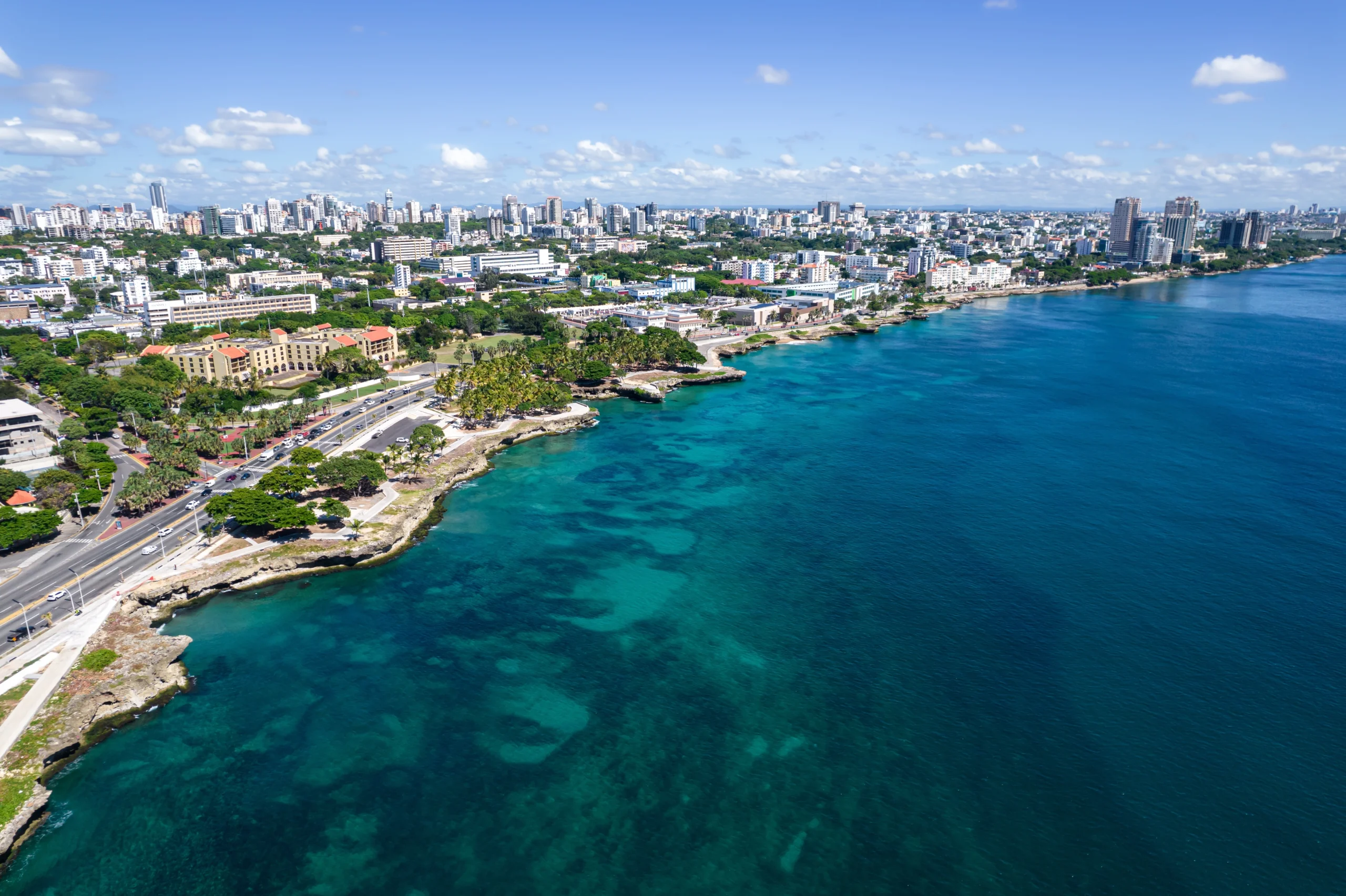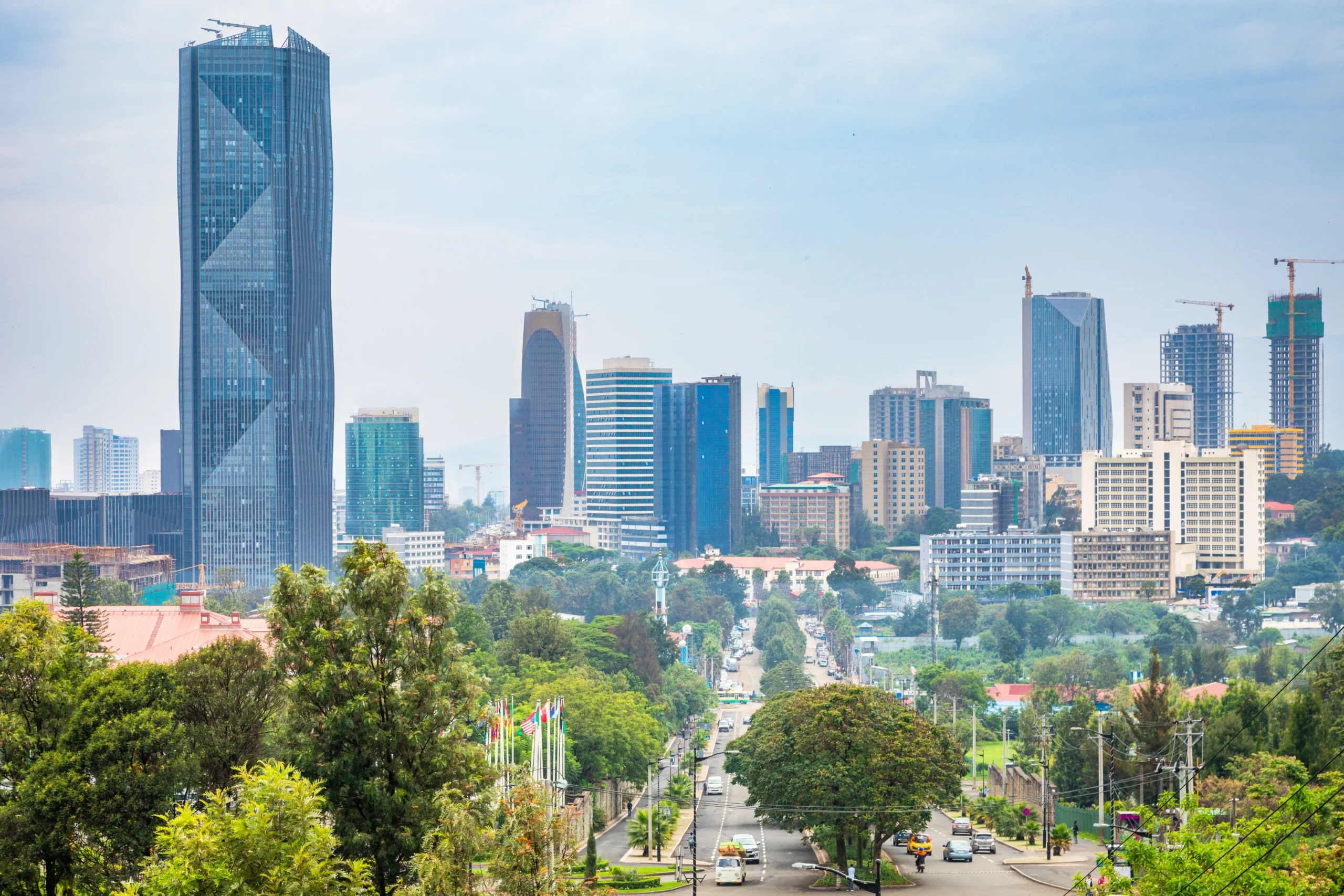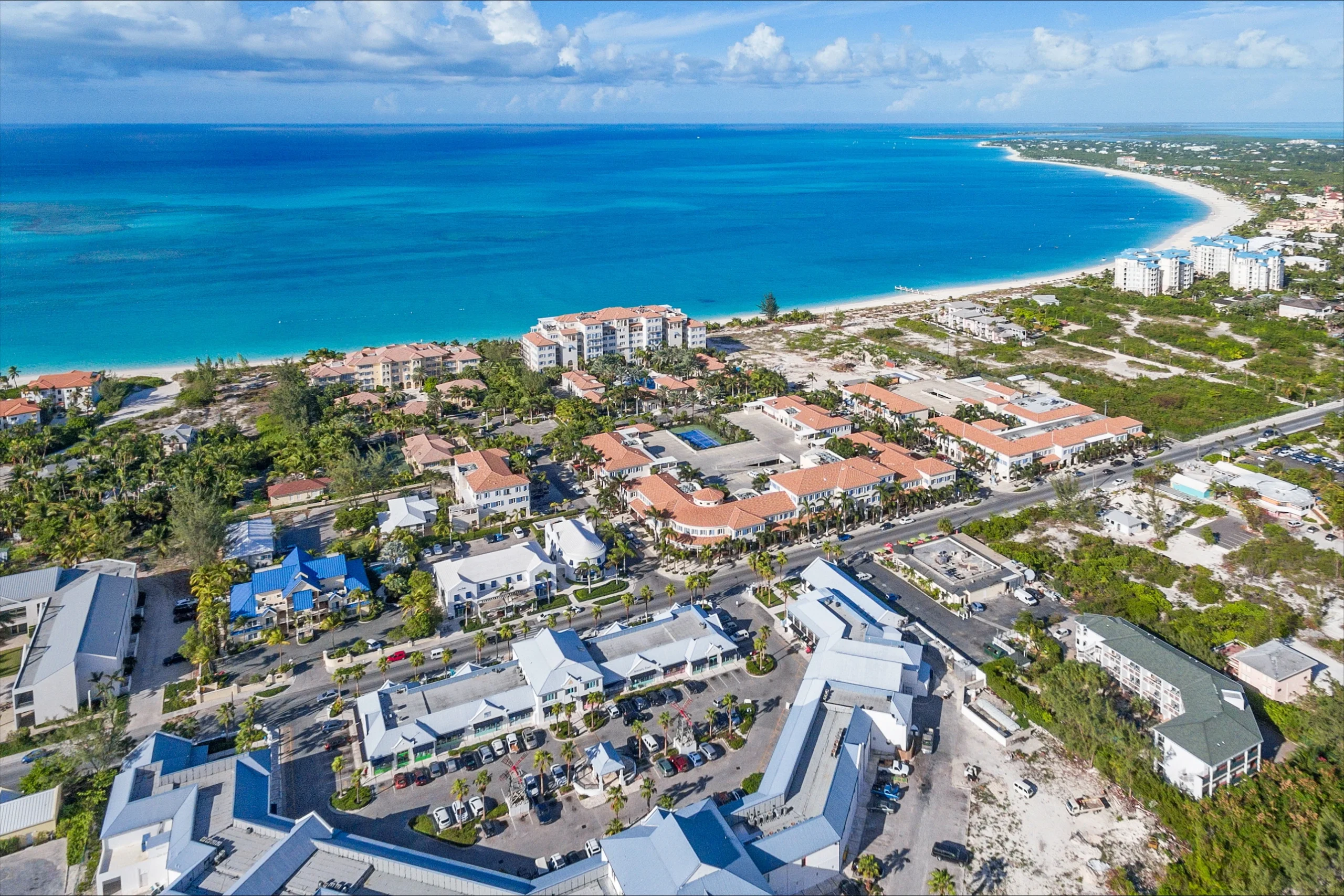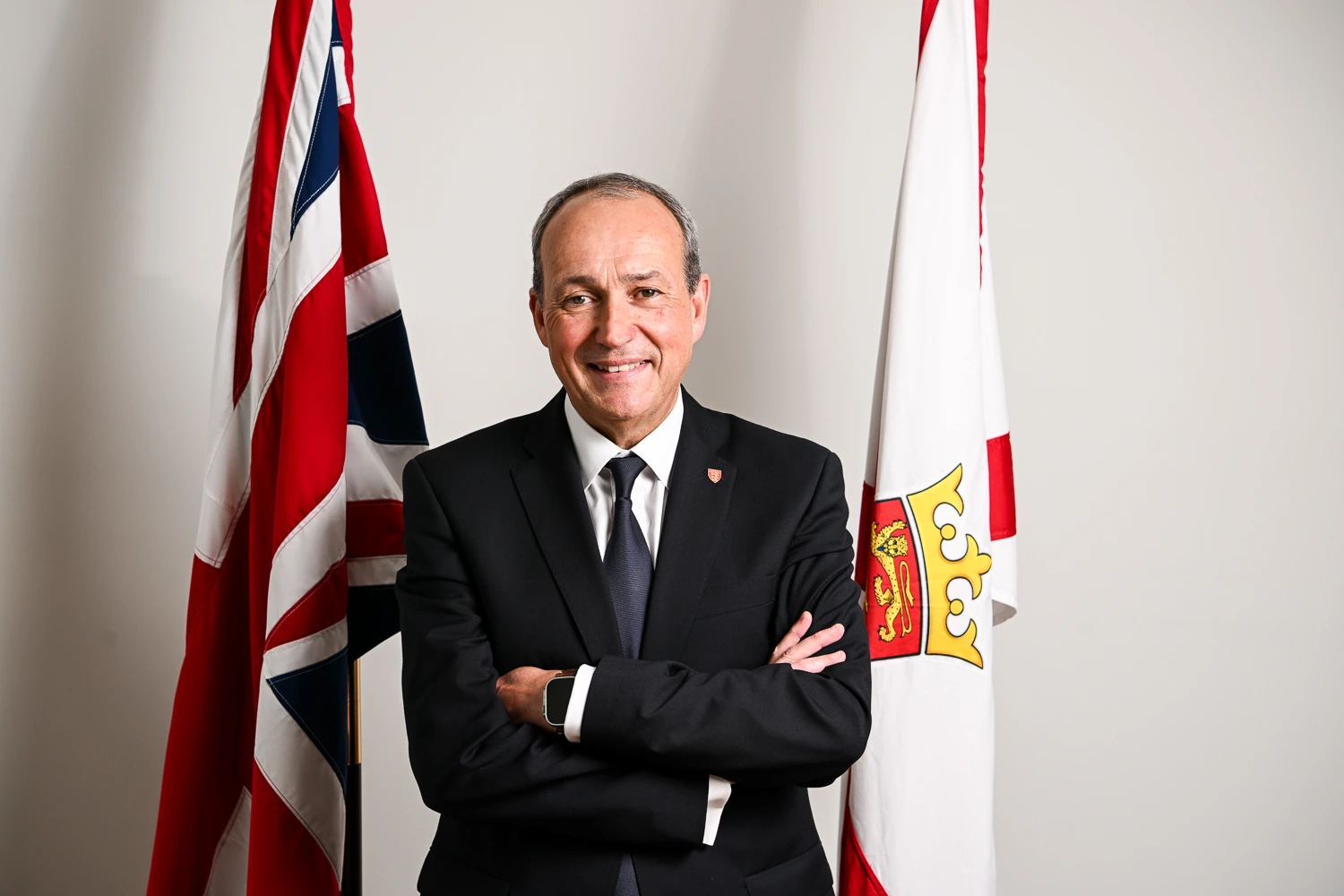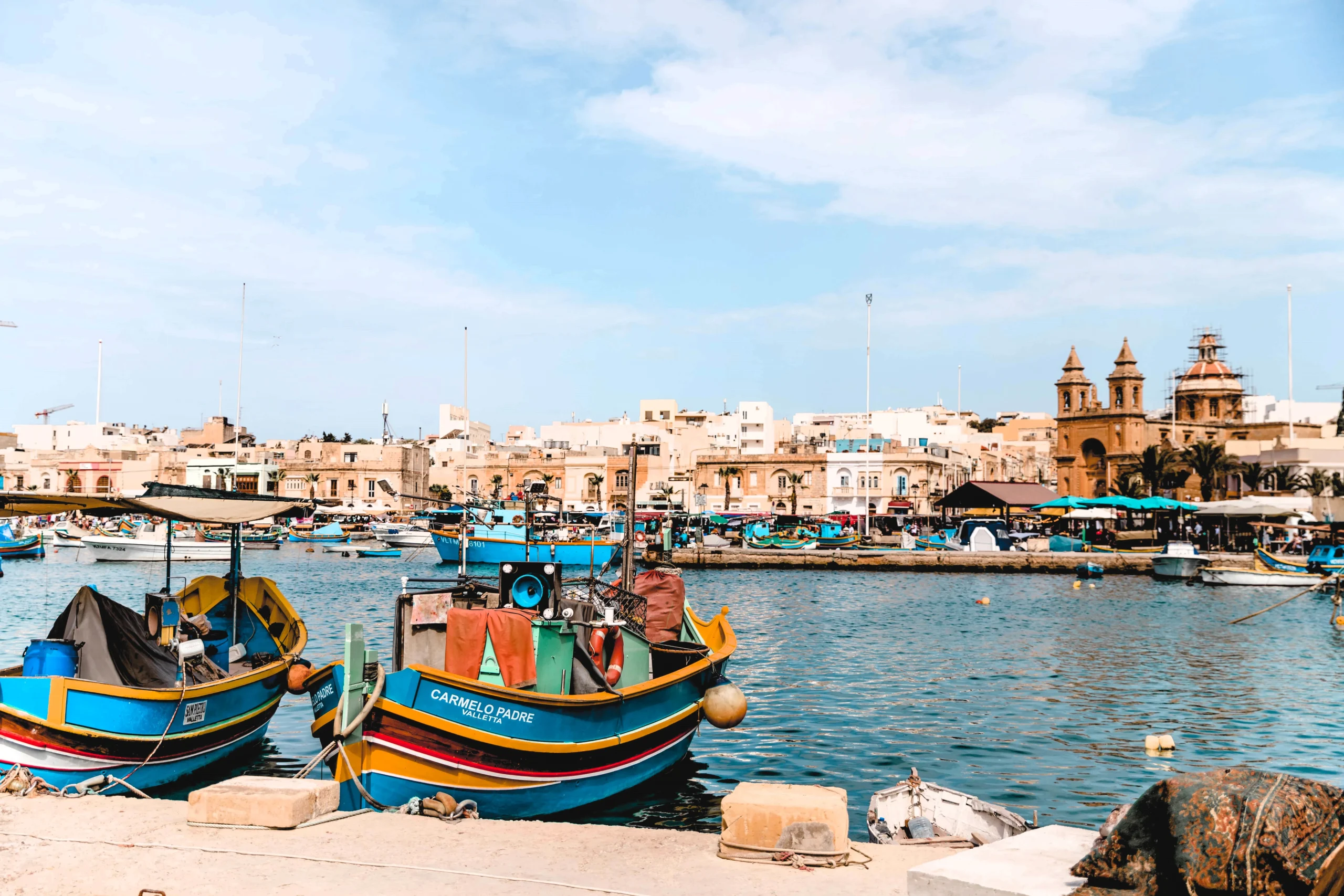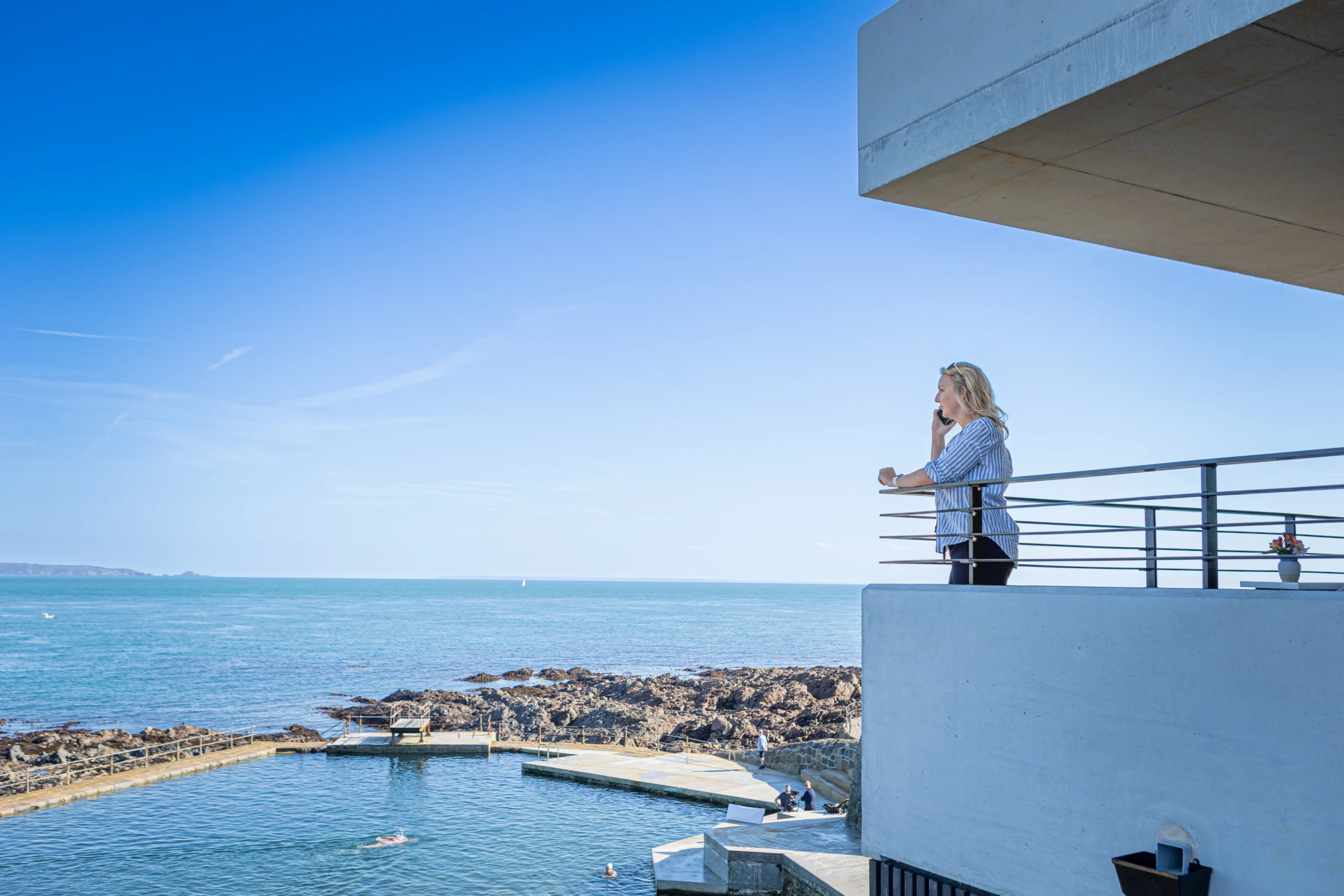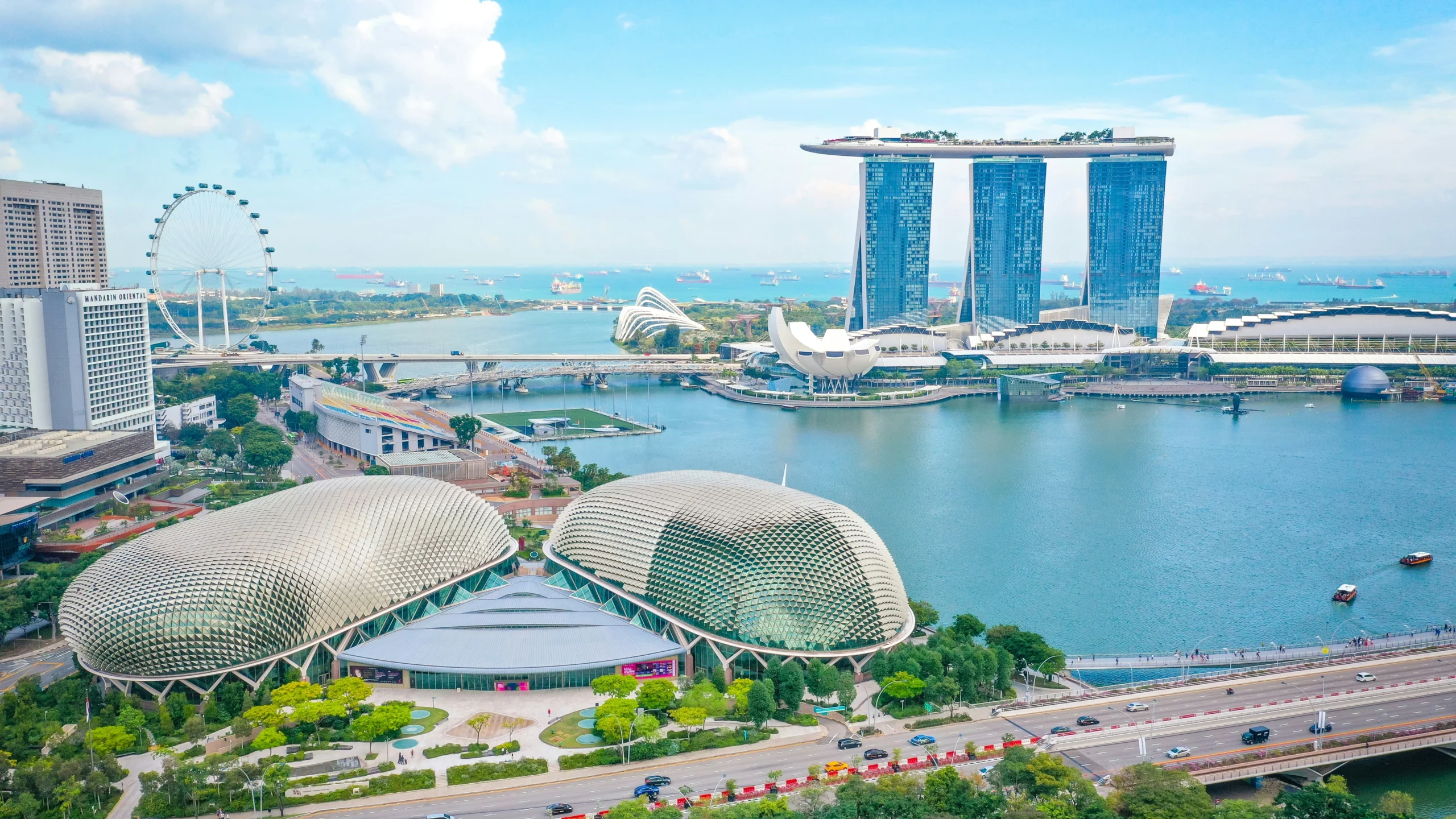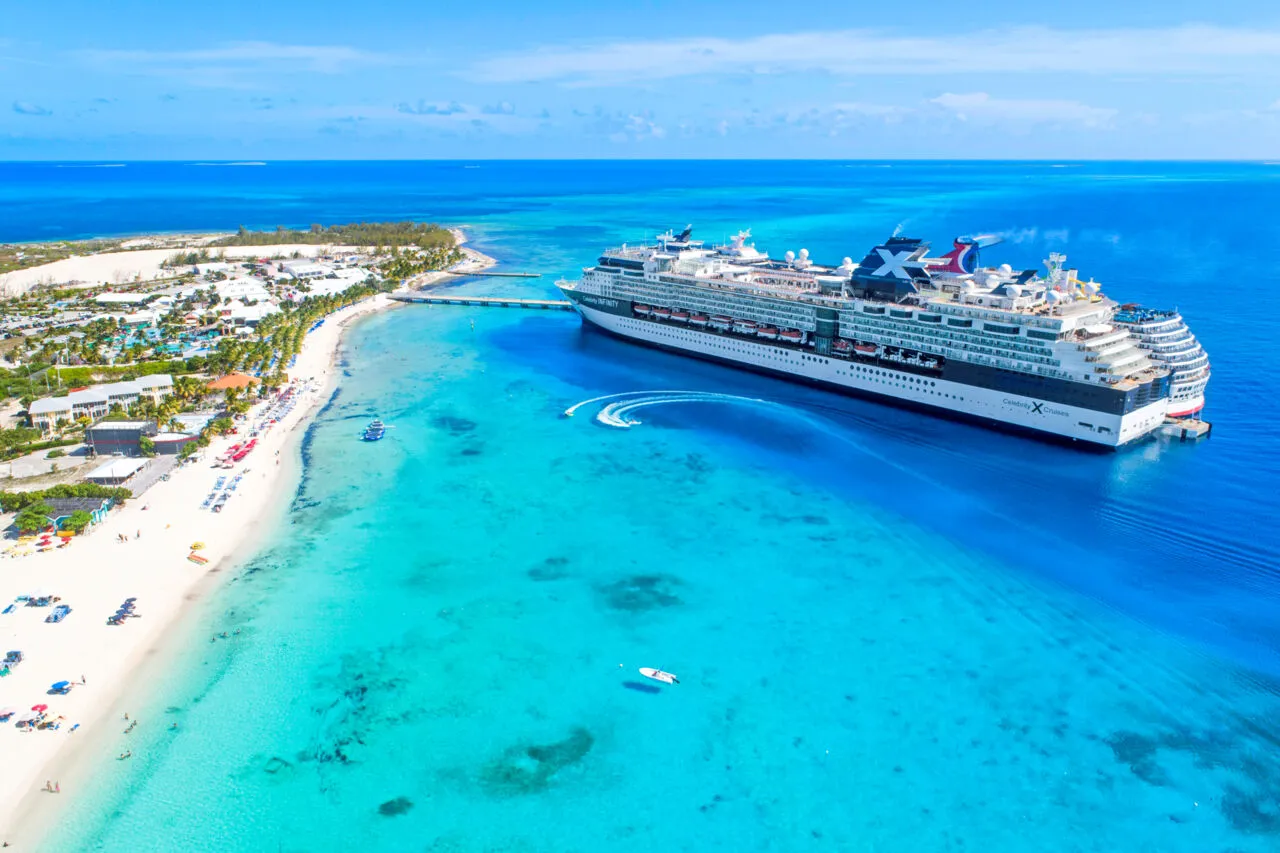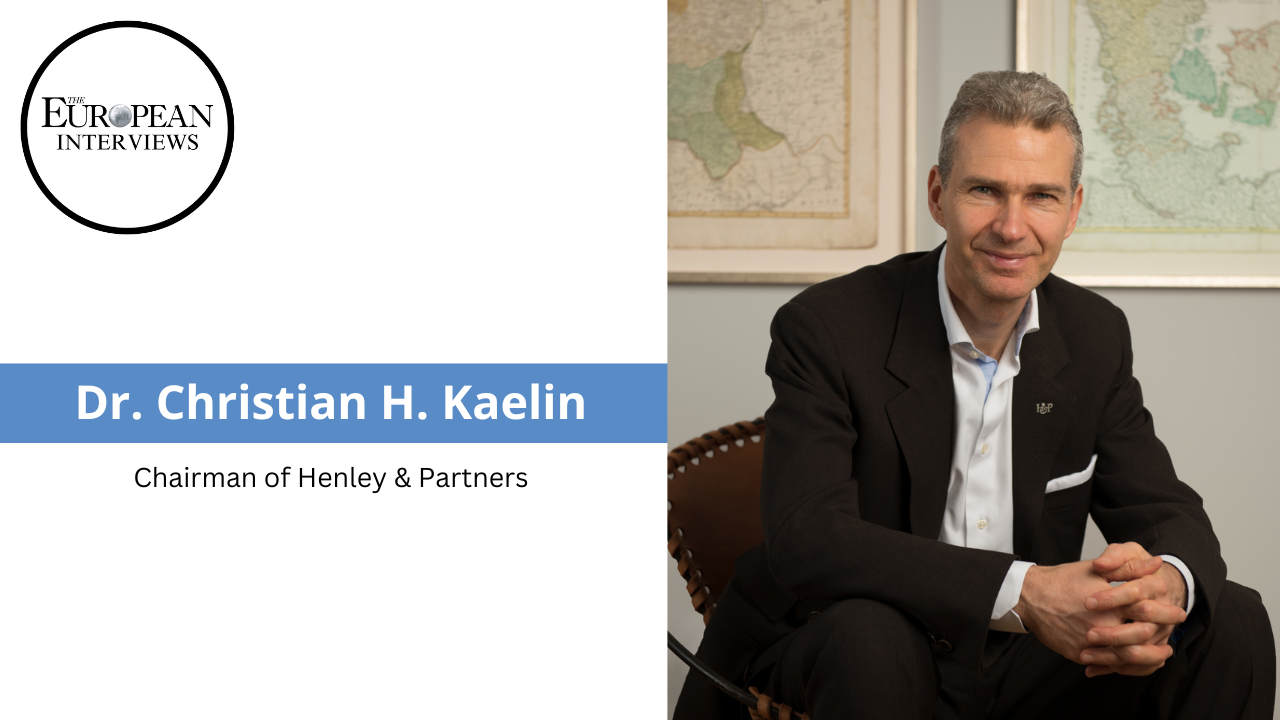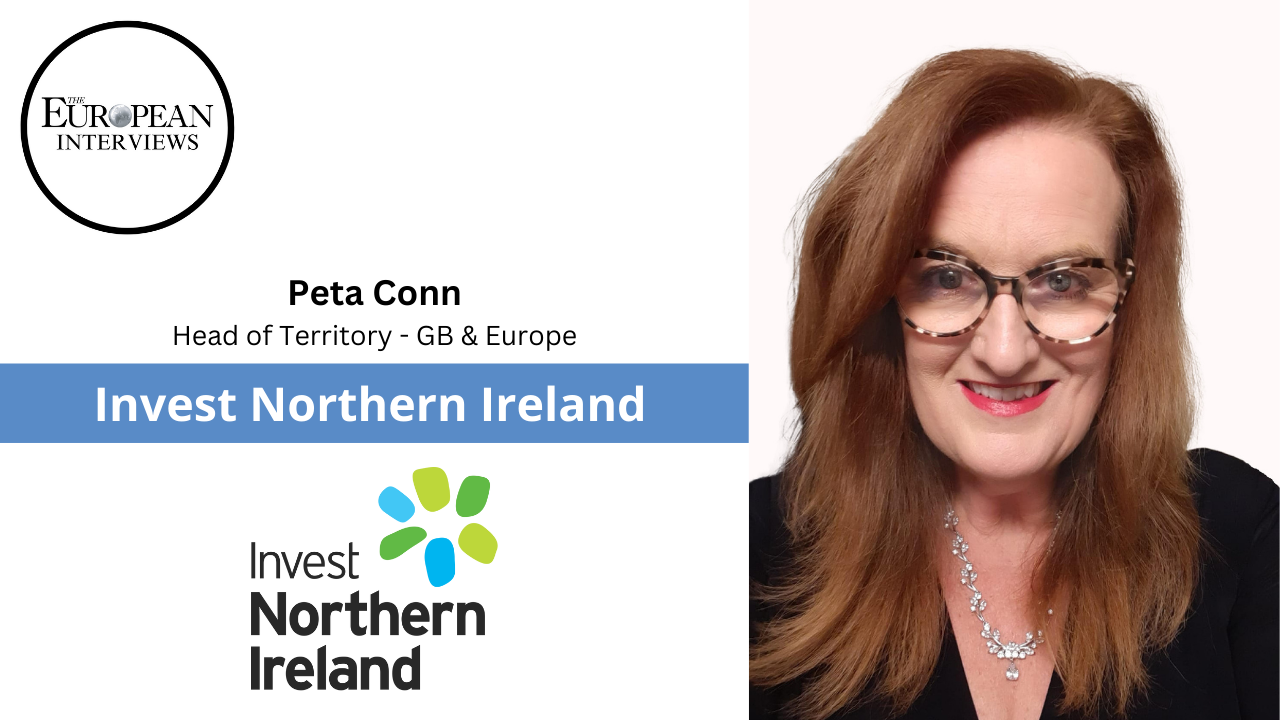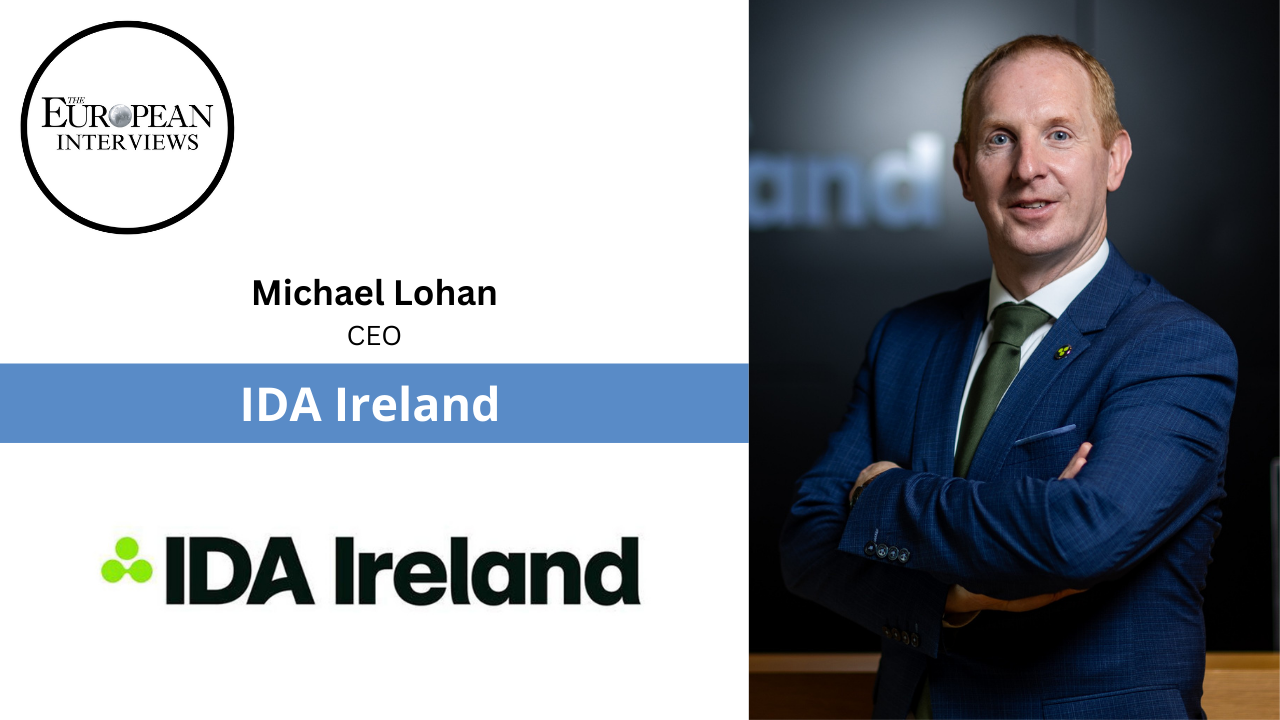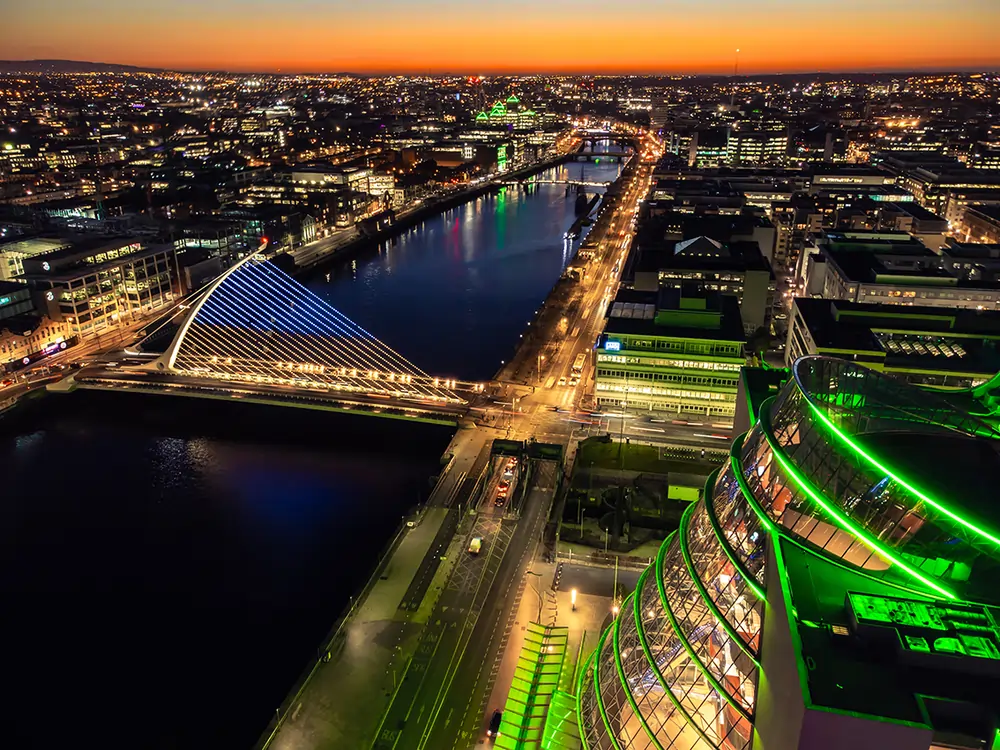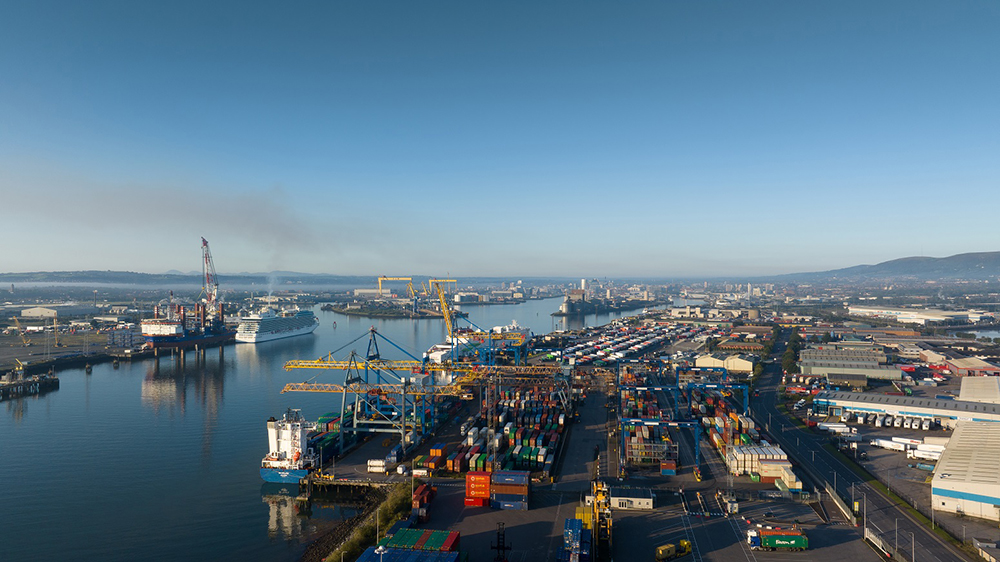Explore new horizons with Invest Durban

John E. Kaye
- Published
- Foreign Direct Investment, Home
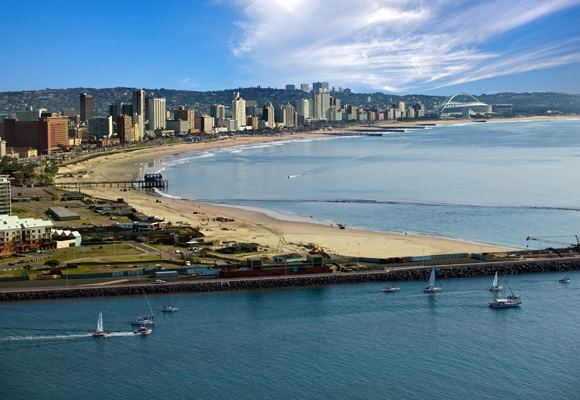
KwaZulu-Natal is South Africa’s second largest economy. As the home to two of Africa’s busiest and largest ports, Durban and Richards Bay, the province offers huge strategic advantages. It also boasts the third highest export propensity and the second highest level of industrialisation in the country. KwaZulu-Natal plays a major role in both the manufacturing and transport and logistics sectors in South Africa, and is a premier domestic and international tourist destination.
With two of Africa’s busiest ports and a world-class road and rail infrastructure, KwaZulu-Natal enjoys the strategic and competitive advantage of being a global gateway for trade into Southern Africa and to the world. Its strategic location and highly developed industrial sector ensure a competitive edge for both local and foreign investors and unique advantages for local exports. Investment in KwaZulu-Natal continues to emerge as a major contributor to South Africa’s growing economy and its favourable business environment has made the province a sound investment destination for investors from around the world.
Situated on the eastern seaboard of South Africa, KwaZulu-Natal has direct access to both the Indian and Pacific Ocean rims. The regions strategic geographical position on world trade routes provides effortless access to major global markets, such as South America, Europe and Far East.
Requirements for starting a business
It’s possible to establish two types of operation in the province. A business may be conducted by individuals, partnerships (including limited partnerships), trusts, close corporations, South African companies, or branches of foreign companies. A South African company may be public (Limited) or private [(Proprietary) Limited]. Both types are governed by the South African Companies Act. While there is no minimum equity capital requirement for companies, the private company is the most common vehicle for operating a business in South Africa. It requires a minimum of one member and director and there need not be any South African resident directors or shareholders.
A subsidiary of a foreign company is regarded as a South African company. The legal liability of the parent company is limited to the amount of share capital committed (together with any guarantees provided to any individual creditors). A branch of a foreign company is regarded as an “external company” if it establishes a place of business or owns immovable property in South Africa and must register as such. The legal liabilities of a branch are not limited to the extent of its South African assets. Both a South African company and a branch operation are subject to the provisions of the Companies Act. A branch is obliged to lodge a certified copy of the founding documents of the foreign company with the Registrar of Companies, as well as a sworn translation in English where appropriate. It need not have a South African resident director, but it must appoint a local manager.
Two primary requirements for a branch are: an annual audit, and financial statements being lodged with the Registrar of Companies. Locally registered private companies are also required to be audited, but are not required to lodge their Annual Financial Statements with the Registrar of Companies.
Banking, taxation and exchange control
South Africa has adopted anti-money laundering laws to assist in complying with its international obligations to fight organised crime and terrorism. The latest legislation detailing money laundering controls include the Financial Intelligence Centre Act, No. 38 of 2001 (FICA). Customer identification is a crucial element of any effective money laundering control system. Since 1 July 2003, banks are required to obtain certain information and supporting documentation for new customers before accounts may be opened.
South African residents are taxed on their world-wide income. Non-South African residents are taxed on their South African sourced income only. A company will be a South African resident if it is incorporated in South Africa or if it has its place of effective management in South Africa.
An individual will be a South African resident if they are ordinarily a resident here, or is physically present here for a specified number of days over a five-year period. Any person who is deemed to be a resident of another state through the application of a double tax agreement will not be treated as a South African resident. To avoid double tax, South Africa has double tax agreements with many of its trading partners. Accordingly, a foreign resident will be taxable in South Africa only if they conduct business through a permanent establishment in South Africa (note there are a few exceptions, such as withholding taxes).
The Financial Surveillance Department (formerly the Exchange Control Department) of the South African Reserve Bank imposes exchange controls on South African residents in terms of the Exchange Control Regulations (1961), issued under the Currency and Exchanges Act (1933). The South African government remains committed to the gradual relaxation of exchange controls, but the existing exchange controls are strictly enforced, particularly in the current uncertain financial environment.
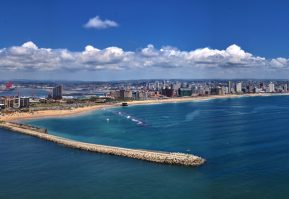
Invest Durban
Invest Durban, was recommended by the Durban City Council and World Bank group executives as a “one stop shop” to stimulate economic growth and new investment in the Durban metropolis. The unit is mandated to attract and facilitate foreign direct investment in the eThekwini municipality and provide investor aftercare. The target sectors for investment are:
Priority sectors
•Automotive and allied industries.
• Logistics and logistics management.
• ICT and BPS (information and communication tech, plus business process services).
• Agri-processing.
• Life sciences (including pharmaceuticals, medical device manufacturing, plus health facilities).
• Tourism asset development.
Support sectors
• Electronics and electrical manufacturing.
• Maritime.
• Chemical manufacturing.
Range of services
Invest Durban provides marketing, free advisory services and project management to attract new business and retain existing business in the city. Invest Durban offers a single window of access to the investor by offering a range of investment services free of charge, these include:
• General economic information.
• Research on specific sectors.
• Introduction to key suppliers, financiers and customers.
• Retention and expansion services.
• Opportunity identification and development.
• Local market analysis.
• Site evaluation and selection.
• Business establishment assistance.
• Investor aftercare.
Invest Durban also offers destination services. These are outsourced to a consulting firm that provides up to 40 hours of complimentary work, including:
• Pre-visits.
• Temporary and permanent accommodation.
• Immigration visas.
• Shipment of household furniture.
• Orientation tours.
• School tours and assistance with registration.
• Assistance with sourcing accommodation.
• Co-ordination of all third-party billings.
• Monthly management and status report.
• Expatriate taxation.
Invest Durban can also assist with a range of business establishment and administration services and will do everything in its power to ensure the success of your commercial investment.
Outside of the scope of the Invest Durban unit, the broader Economic Development and Planning Cluster has programmes which also represent investment opportunities in the clothing and textiles, fashion design, manufacturing and renewable energy/green industries. ν
Further information
Sign up to The European Newsletter
RECENT ARTICLES
-
 Malta introduces Nomad Heritage Card for remote professionals
Malta introduces Nomad Heritage Card for remote professionals -
 How free global cities could reshape the future of migration
How free global cities could reshape the future of migration -
 Dominican Republic positions itself as Caribbean hub for sustainable trade and investment
Dominican Republic positions itself as Caribbean hub for sustainable trade and investment -
 Biviana Riveiro Disla speaks to The European about the Dominican Republic’s role as a hub for trade and investment
Biviana Riveiro Disla speaks to The European about the Dominican Republic’s role as a hub for trade and investment -
 Liechtenstein tops global index for foundations
Liechtenstein tops global index for foundations -
 Keeping the door open: wealthy UK citizens investing their way back into the EU
Keeping the door open: wealthy UK citizens investing their way back into the EU -
 Ethiopia emerges as a sustainable investment leader on the African stage
Ethiopia emerges as a sustainable investment leader on the African stage -
 France’s FDI renaissance marks a Nouvelle Ère for Europe
France’s FDI renaissance marks a Nouvelle Ère for Europe -
 The Turks and Caicos Islands: A new era for financial services and innovation
The Turks and Caicos Islands: A new era for financial services and innovation -
 Jersey in focus – an interview with Chief Minister Deputy Lyndon Farnham
Jersey in focus – an interview with Chief Minister Deputy Lyndon Farnham -
 Malta – a popular base for digital nomads
Malta – a popular base for digital nomads -
 Move to Guernsey: The Channel’s island gem
Move to Guernsey: The Channel’s island gem -
 Malta’s residency-by-investment programme: a clear path to permanent residency
Malta’s residency-by-investment programme: a clear path to permanent residency -
 The banking shift that Europe’s businesses can’t afford to ignore
The banking shift that Europe’s businesses can’t afford to ignore -
 High-net-worth Europeans turn to investment migration amid security fears
High-net-worth Europeans turn to investment migration amid security fears -
 Beyond the beaches: a spotlight on the Turks and Caicos Islands
Beyond the beaches: a spotlight on the Turks and Caicos Islands -
 Video Interview with Dr. Christian H. Kaelin of Henley & Partners
Video Interview with Dr. Christian H. Kaelin of Henley & Partners -
 Ireland’s resilience and future in Foreign Direct Investment
Ireland’s resilience and future in Foreign Direct Investment -
 Video Interview with Peta Conn of Invest Northern Ireland
Video Interview with Peta Conn of Invest Northern Ireland -
 The Isle of Man: Space to thrive
The Isle of Man: Space to thrive -
 Video Interview with Michael Lohan of IDA Ireland
Video Interview with Michael Lohan of IDA Ireland -
 Inside Look: Greater Manchester's Financial Services Boom
Inside Look: Greater Manchester's Financial Services Boom -
 Extraordinary opportunities for FDI in Ireland
Extraordinary opportunities for FDI in Ireland -
 Mozambique: A market of opportunities
Mozambique: A market of opportunities -
 Northern Ireland – Built for Business
Northern Ireland – Built for Business



